
Understand that Hilary’s question is philosophically larger than an individual choice (i.e., it’s not just about whether the couple intends to stay put or live elsewhere). The refrain more broadly prompts contemplation on the politics of moving. Or, put differently, the show is an extended rumination on place loyalty. Each episode indirectly asks the question: Do we have some kind of ethical obligation to the places where we live (e.g., homes, communities, cities)?

In the context of the narrative, the parents’ debate goes like this: For Dad Gantos, Norvelt signals only decay. He carps constantly about how the town is eroding, physically and economically, and even participates in its disintegration by helping the local mortician to relocate individual homes to a community in West Virginia. Conversely, Mom Gantos refuses to call time of death on the place Eleanor Roosevelt built, and instead dedicates vigorously to restoration and community building with passionate civic investment.
This is a particularly important conversation where I work (Youngstown, Ohio), as it is for many post-industrial spaces throughout the Midwest. For instance, the subject of place loyalty also appears in the The Oxford Project (2010), an Alex Award-winning mash-up of photo journalism and creative nonfiction focused on the tenacity of a community of residents in small-town Iowa.
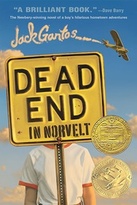
Dad Gantos’ reasoning isn’t all wrong (i.e., he is motivated by the desire to care for his family and claim his portion of the American Dream), nor is it right as he replicates, in microcosm, the mercenary behavior of big businesses that reap fat profits, roll out of town, and refuse to acknowledge what is left behind, similar to Michael Moore’s argument in the classic documentary, Roger and Me (1989).
Another related point of interest: In Gantos’ book, homes are proxies for human lives, as Miss Volker’s obituary for a house destroyed by fire makes clear. The life of the home adopts a human presence (and its death a ghostly aura) when it is consumed in loyal service like the lives of the coal miners referred to many times throughout the text.
In this simple meditation on place loyalty, Gantos causes the reader to wonder what responsibility is owed to places and, ultimately, to each other.
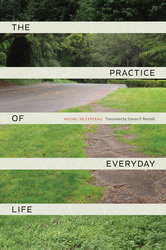
Translated to an exercise in composition, I see Dead End in Norvelt as a blueprint for teaching the proposal argument, the most hopeful of claim types because proposal requires not only identification of a problem, but a protocol for solution.
I think Gantos’ book would particularly resonate with students who live in places similar to where I live (i.e., an area of the country pejoratively referred to as the Rust Belt). That is because Dead End in Norvelt makes transparent the process by which the present came to be for such places and, at the same time, offers poetic and humanitarian reasons for people to reclaim, repurpose, and remain.
One final thought: Although we know Dad Gantos eventually gets his way and the family moves from Pennsylvania, Mom Gantos still embodies de Certeau’s vision of the trickster in that her actions effectively destabilize the acquisitive logic of capitalism, one casserole at a time.
Please address questions/comments to: [email protected]

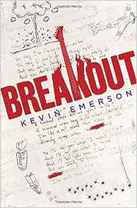



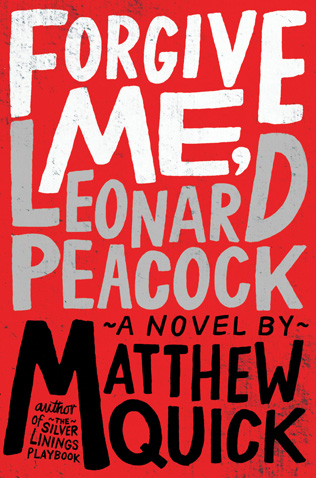









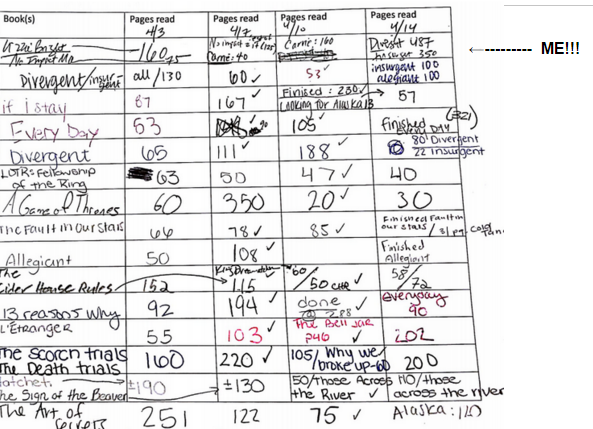










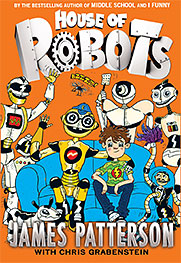



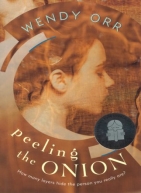
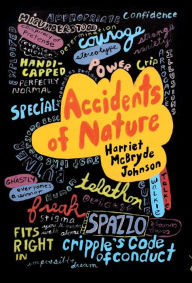
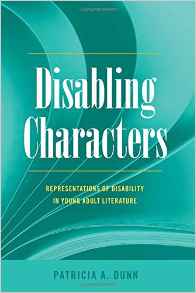

 RSS Feed
RSS Feed